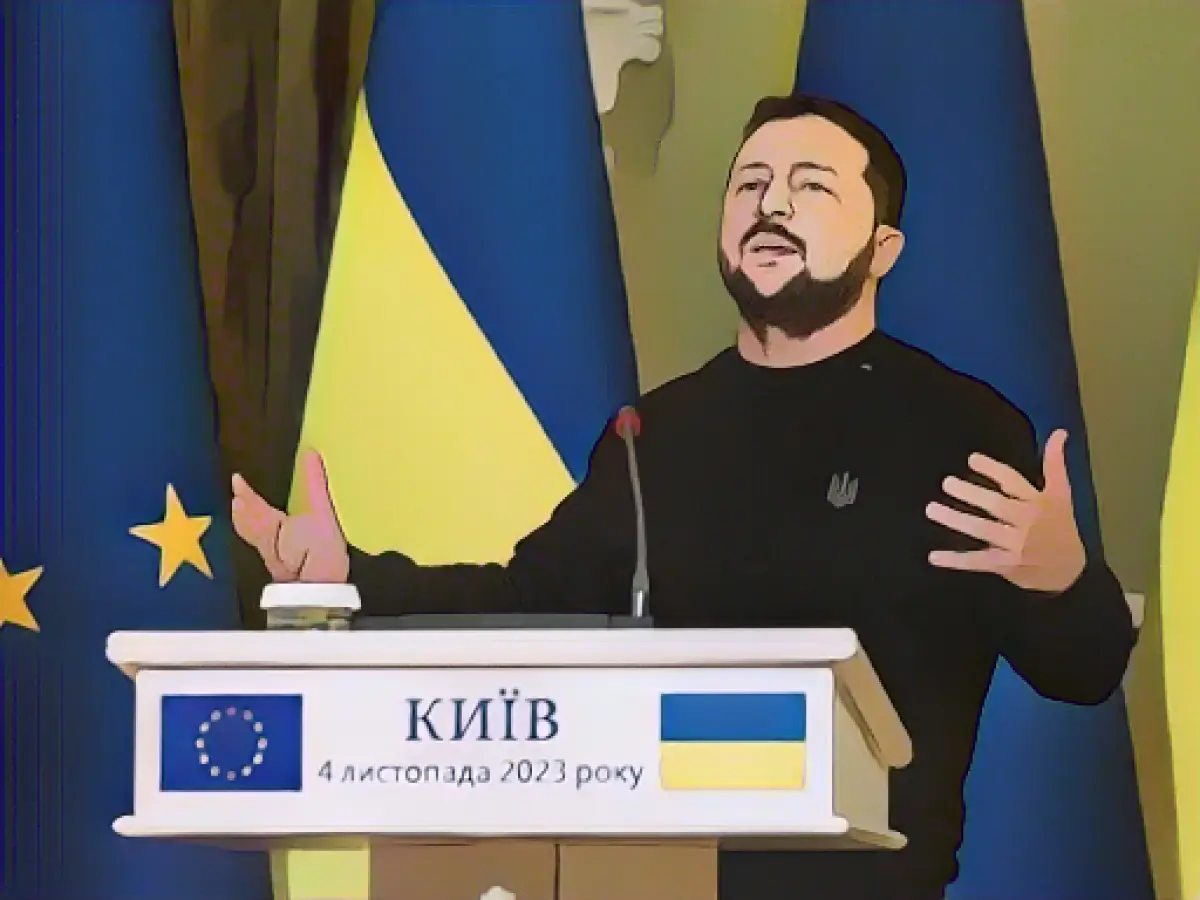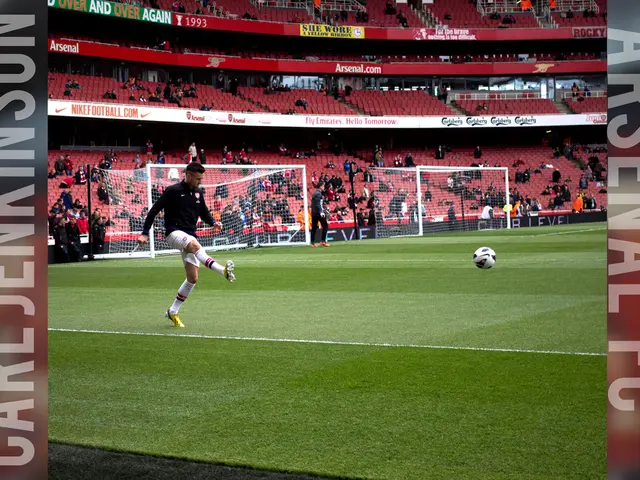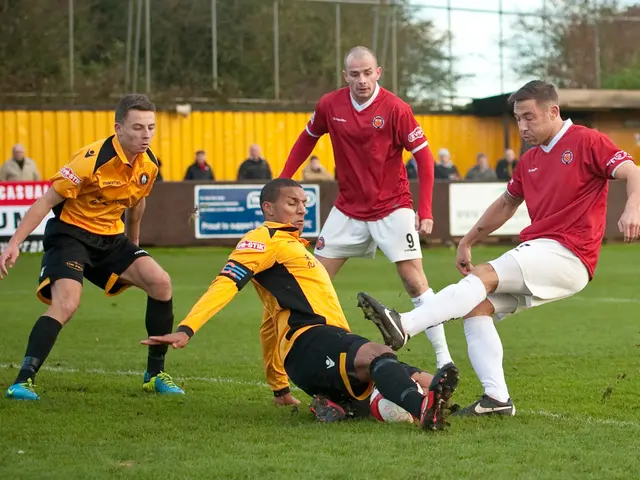Volodymyr Zelensky, Ukrainian president, recalled the debut of the Maidan protests in Kiev ten years ago. "Ten years ago, we initiated our initial counter-offensive," he stated in a video message backdropped by European Square in Kiev. This battle was against lawlessness, lack of freedom, and a quest for a European future. He considered the protests at the time as the initial victory in the ongoing conflict against Russia.
Zelensky, along with his wife Olena and Moldovan President Maia Sandu, paid tribute to the demonstrators who perished during the protests by placing lanterns at a memorial site. EU Commission President Ursula von der Leyen wrote in a short social media message, "The freezing winter nights of Euromaidan have redefined Europe perpetually." Ukraine has been fighting for freedom with dignity and pride for ten years. The future of the country is more evidently in the European Union than ever before.
Similarly, EU Parliament President Roberta Metsola shared her thoughts, stating, "The Maidan revolution has transformed the fate of Ukraine forever." While Ukraine defends its territory and EU values, the European Union's support strengthens with every Russian missile launch.
Zelensky's video message served as a reminder of the conflicts during Maidan, where he described the protests as the first victory in the ongoing struggle against Russia. The Maidan protests, which would lead to significant changes and aim for a future within the EU, were characterized by severe confrontations and sacrifices.
Strategic Shift Towards Europe
The Maidan protests, a series of mass demonstrations between November 2013 and February 2014, were primarily due to three significant factors:
EU Integration Plans: Before the protests, Ukraine had been preparing to sign an agreement that would help the country integrate closer with the EU. President Viktor Yanukovych, who was elected in 2010, had originally intended to strengthen ties with the EU. However, yielding to pressure from Russia, he suddenly turned his focus towards closer ties with Moscow.
Corruption and Human Rights: The demonstrations were not solely about EU integration, but a stand against corruption, injustice, and human rights violations. The Ukrainian police's violent efforts to repress peaceful protests worsened the situation.
Government Crackdown: The initial violent crackdown by Ukraine’s riot police on November 30, 2013, only intensified the protests. Subsequent implementation of laws limiting freedom of speech and assembly further escalated the tensions.
The Maidan protests led to the collapse of Yanukovych's government, with him eventually fleeing to Russia, followed by a parliament majority democratically ousting him from office. The protesters' desire for European integration became increasingly apparent, resulting in a shift away from Russian influence and towards Europe.
President Volodymyr Zelensky, who gained power after the 2019 Ukrainian presidential election, has maintained this vision for EU membership. Amidst Russian invasion in 2022, Zelensky appealed to the EU for prompt membership consideration, reflecting Ukraine's unwavering commitment to European integration.








